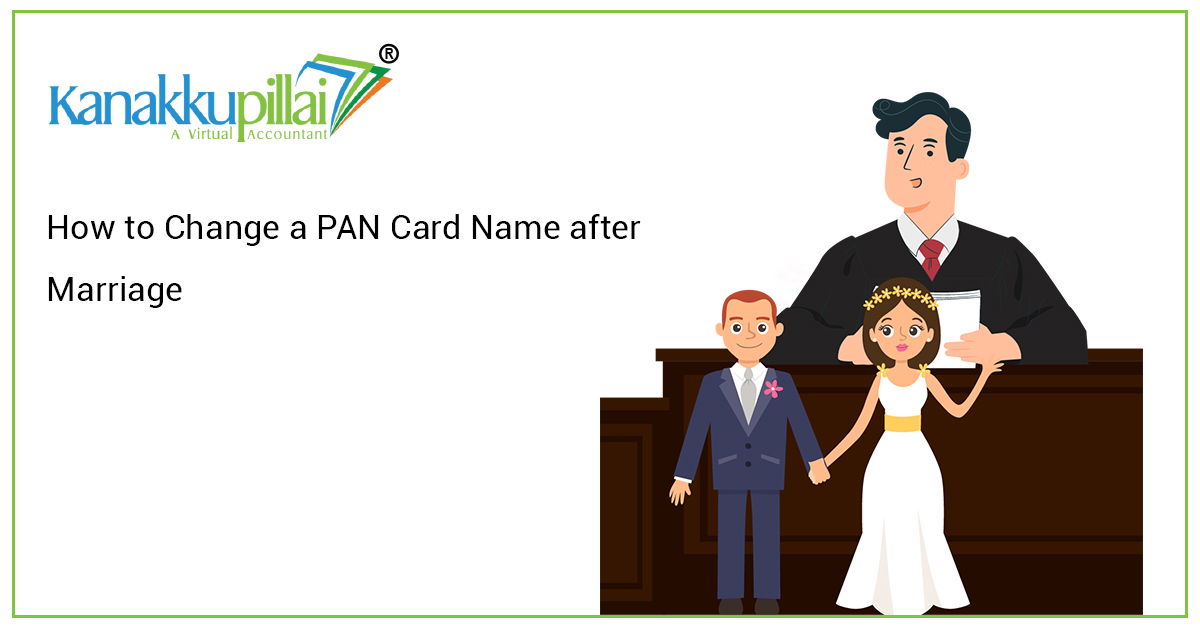![]()
Marriage, often known as matrimony or wedlock, is a legally and culturally recognized relationship between two persons. It establishes their rights and duties or the liabilities, as well as their rights and duties to their in-laws and the children.
The two persons who are considered to be married become spouses and legally implied to each other. The major point of discussion in this article is the court marriage and the marriage registration in the country India.
Meaning of Court Marriage
Traditional marriages are significantly different from court marriages. This is because traditional marriages take place in front of all of the family members and also the other relatives, friends and even the community. Traditional marriages are also conducted following all of the ceremonies.
But in most of the cases, the court marriages are performed in the presence of a marriage official. In a court marriage, any two people who are holding the legal eligibility to marry can do so in front of three witnesses. There are no religious rites required to be performed for solemnising the marriage. It is sufficient to have a marriage officer and three witnesses present. The most crucial aspect of a judicial marriage is that it adheres to the special marriage act of 1954’s laws and restrictions of the country.
Through court marriage, any persons of different genders, regardless of their religion or caste or such other differences, can marry one other. It is not even necessary for both individuals to be Indian citizens for legalizing their marriage. One person who is of Indian national and another person who is of foreign national may also get married.
Registration of Marriage
A marriage registration certificate is a legal document which would certify the union and marriage of two people. Marriages that are happening or taking place in India can be registered under either one of the following Acts namely:
- the Hindu Marriage Act of 1955 or
- the Special Marriage Act of 1954.
A marriage registration certificate constitutes as a legal proof that a couple is married in both types of marriages as per the Indian Act.
In 2006, the Supreme Court made marriage registration mandatory in order to protect the rights of women of the country or otherwise in a marriage. As a result, obtaining a marriage registration certificate after marriage might provide numerous advantages.
After a marriage, a marriage registration certificate is required when the person is applying for a passport or creating a new bank account as the surname would now state the partners name or initial as the case may be. Many embassies also require a copy of the marriage registration certificate when applying for a visa for enabling of travelling abroad for job or otherwise. As a result, a marriage registration certificate is required because many couples relocate abroad after they marry each other.
Rules and Regulations Pertaining to Court Marriage in India
1) None of the party members seeking for court marriage, should have previously married. And if married, the only demand is the statement if the prior spouse is deceased or if a divorce has been granted.
2) Both parties to the marriage must offer their free agreement and consent to the judicial or the court marriage. Consent should not be given if the person is of unsound mind or, mentally ill, or otherwise unfit.
3) To be eligible for a court marriage, both partners must be of legal age as per the country and its norms. The boy’s age should be 21 and the girl’s age should be 18 (which shall now be increased to 21 years).
4) Under the forbidden degrees of marriage, neither party to the court marriage should be connected to the other or related with one another in any manner. And in any such cases, the marriage shall only be solemnised if one of the partners’ customs permits the same.
Rules and Regulations Pertaining to Marriage Registration in India
1) During the time of the wedding, neither of the parties to the marriage should have a spouse previously married to.
2) The consent should be legal and not obtained through any undue means or from a person with unsound mind or insanity.
3) Despite the fact that both people are capable of giving legal consent, neither of them should be suffering from any mental disease or illness as the case may be.
4)Neither of them should be regularly subjected to insanity or epilepsy.
5) At the time of the wedding, the bride must be 18 years old and the groom must be 21 years old.
6) The couples are not in a banned or a prohibited relationship unless their respective cultures or traditions which they belong to are permitting them to marry.
Important Documents for Conducting a Court Marriage
- An application form which is filled and duly signed by the parties to the marriage which is the bride and the groom.
- Proof for date of birth of the bride and the groom.
- The residential address proof for the parties.
- Application form coupled with the receipt for the payment of fees for the marriage.
- The bride and groom’s passport size photographs in 2 numbers.
- In case of a divorcee or divorced bride or groom, a copy of divorce decree or such order.
- And in case of a widow or widower, a death certificate of the spouse who is deceased.
- Affidavits submitted by both bride and the groom consisting of the below given information’s for the court marriage:
- Date of Birth
- Marital Status, say, unmarried, divorced, widowed
- A statement which would state that both the bride and groom are not related to each other under any relationship which is of a prohibited degree.
Documents to be Submitted for Marriage Registration
- Marriage Proof, which would provide proof that the marriage was conducted like the invitation, the marriage receipts for conducting the same in the temple or such other proof.
- Proof for the Identity and the Address, which can include the ration card or driving license or passport or Visa or even the Employee ID card.
- Proof for the Age, which can be the visa or passport or school or university certificate.





